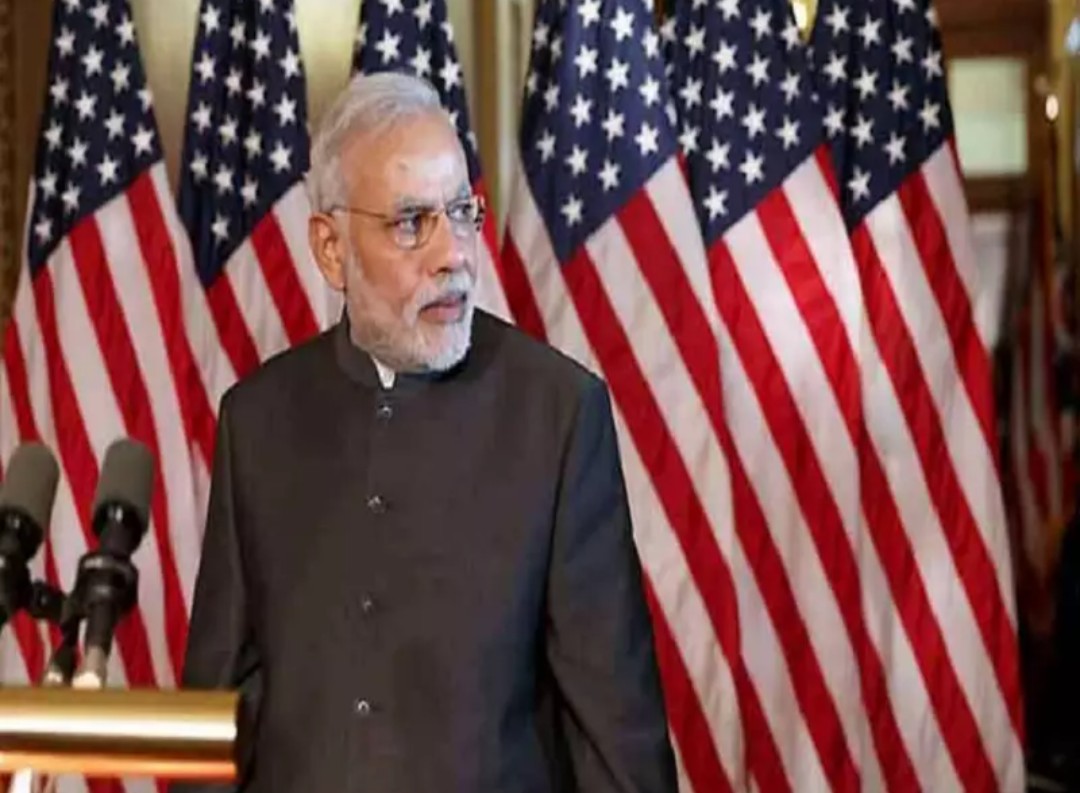The confirmation on Saturday that Joe Biden will be the next President of the United States will reshape the nation’s relationship with countries around the world. Biden has pledged that he will restore the U.S.’s “respected leadership on the world stage” and bring together representatives of democracies around the world to “honestly confront the challenge of nations that are backsliding.” This is in stark contrast to President Donald Trump, who for the last four years has taken an isolationist approach to foreign policy and undermined decades-old alliances.
But Trump has forged a few friendships overseas—including with India’s Hindu nationalist Prime Minister Narendra Modi. In the face of a rising China, the two countries have drawn closer together militarily, too. So, for the world’s largest democracy, the stakes are high for the future Biden Administration.
The pressure goes both ways: Kamala Harris will be the first Indian American Vice President of the United States, a position that has the potential to change Indian engagement with American politics, as well as the United States’ response to issues in India. The relationship between the countries is also especially crucial for India, where the economy shrank by 23.9% in the first quarter of the 2020-2021 fiscal year, the largest drop in decades and the greatest setback a major economy has experienced from the coronavirus pandemic.
On Saturday, Indian Prime Minister Narendra Modi congratulated both Biden and Harris on Twitter. “As the [Vice President], your contribution to strengthening Indo-U.S. relations was critical and invaluable,” he wrote in a tweet addressed to Biden. “I look forward to working closely together once again to take India-U.S. relations to greater heights.”
To Harris, Modi wrote: “Your success is pathbreaking, and a matter of immense pride not just for your chittis [a Tamil family term that Harris used in her VP nominee acceptance speech], but also for all Indian-Americans. I am confident that the vibrant India-U.S. ties will get even stronger with your support and leadership.”i
Here’s what to know about what the Biden-Harris victory might mean for the U.S.-India relationship.
Biden’s India Policy
Since his re-election in 2019, Modi has pushed through a series of policies seen by many in the country as unduly targeting India’s Muslim minority, including the revocation of Muslim-majority Kashmir’s semi-autonomous status and a new citizenship act that makes it easier for adherents of most large faiths practiced in South Asia, except Islam, to claim citizenship in India. Modi’s government has also sought to suppress dissent, most recently forcing the Indian branch of Amnesty International to shut down through legal pressure, which the rights group said was part of a “deliberate attempt by the government of India to stoke a climate of fear and dismantle the critical voices in India.”
Biden and Harris have both spoken out against India’s human rights violations and Modi’s nationalist leadership. In his Agenda for Muslim-American Communities, Biden condemned the Modi government’s new citizenship act and a separate attempt to build a population register that could provide future justification to expel or intern foreigners, calling the projects “inconsistent with the country’s long tradition of secularism and with sustaining a multi-ethnic and multi-religious democracy.”
But Biden has also committed to strengthening the U.S.-India relationship. “The U.S. and India will stand together against terrorism in all its forms and work together to promote a region of peace and stability where neither China nor any other country threatens its neighbors,” Biden wrote in an op-ed in an Indian-American newspaper in October.
With inputs from the TIME
(Expect for the headlines, this story has not been edited by Kashmir Today staff and is published from a syndicated feed.)

